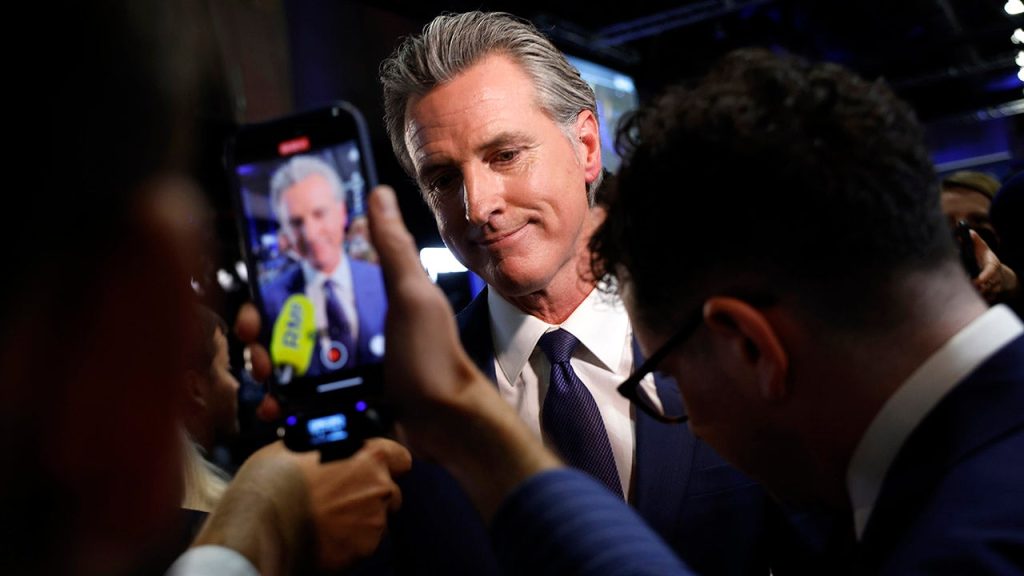A federal judge has blocked a California bill that aimed to outlaw AI-generated “deepfake” content and required the removal of “deceptive content” from social media. The preliminary injunction was granted just two weeks after Democratic Governor Gavin Newsom signed the controversial measure into law, which led to a dispute with X owner and Tesla CEO Elon Musk. The lawsuit was filed by the Hamilton Lincoln Law Institute on behalf of Christopher Kohls, known as “Mr Reagan” online, who creates satirical political videos, some of which could potentially be deemed illegal under the new bill. The court agreed with the argument that the bill was unconstitutional, citing that it could infringe on First Amendment rights protecting critique, parody, and satire.
Newsom’s office defended the bill, stating that deepfakes pose a threat to the integrity of elections and that the new laws aim to protect democracy while still preserving free speech. They compared the regulations in California to those in other states, including deep-red Alabama, and expressed confidence that the courts would uphold the state’s ability to regulate dangerous and misleading deepfakes. The statement from the governor’s office added that satire would still be allowed in California, even for those who may miss the punchline. The outcome of the lawsuit, and whether California intends to appeal the preliminary injunction, remains uncertain.
The case highlights the ongoing debate surrounding the regulation of deepfake technology and content, particularly as it pertains to political speech and satire. Critics argue that such legislation could infringe on free speech rights, while proponents believe that the laws are necessary to protect against the spread of misinformation and threats to democracy. With the upcoming election, the issue of deepfakes and their potential impact on the political landscape has become even more prominent. It remains to be seen how this legal battle will ultimately unfold and what implications it may have on the future of deepfake regulation in California.
The decision to block the California bill adds to the ongoing discussion about the challenges of overregulation in the state. With over 800 bills left on Governor Newsom’s desk, experts believe that California is facing an overregulation problem that can stifle innovation and economic growth. Critics argue that excessive regulation can limit individual freedoms and hinder businesses from thriving. The clash between free speech and regulation, as seen in the case of deepfakes, exemplifies the delicate balance that policymakers must strike in order to protect the public interest while still allowing for creativity and expression.
The outcome of the legal battle over the California deepfake bill could have implications beyond the state’s borders, as other jurisdictions grapple with similar issues surrounding the regulation of AI-generated content. The court’s decision to grant a preliminary injunction underscores the complexity of this issue and the need for careful consideration of the competing interests at stake. As technology continues to evolve, lawmakers will need to adapt regulations to address new challenges while upholding fundamental rights such as freedom of speech. The dispute between Governor Newsom and critics of the deepfake bill highlights the ongoing tension between innovation, regulation, and individual liberties in the digital age.


